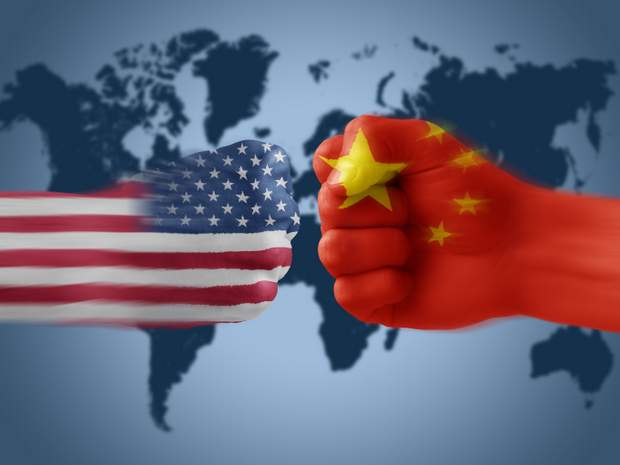Chinese firms unprepared to go global

Moves by the U.S. government to block the involvement of Chinese organizations in business deals have been criticized as "foolish", while Chinese companies have been described as unprepared when they take their business global at this week's Summer Davos meetings in Dalian, China.

Li Ruogu, chairman of state-owned Export-Import Bank of China, said the U.S. decision to prevent China's Sany Group from participating in a wind farm project was "totally foolish", unwarranted, and so "typical" of the way the U.S. government has treated Chinese companies such as Huawei Technologies.
In a report Friday by China Daily, Li added that the U.S. justification for the move on the grounds of national security was "groundless". The banker was speaking at the World Economic Forum's annual New Champions meetings, also known as the Summer Davos.
"The [Sany] case, as well as the Huawei case, is so typical. I don't know why the U.S. government made such a foolish decision. Isolated cases have made an issue that should not be a 'problem' into a 'problem', Li said.
Sany is a major manufacturer of heavy equipment in China and owns a U.S.-based subsidiary, Ralls, which operates a 10-megawatt wind farm in Texas. Ralls in 2012 bought four wind farms in Oregan near a U.S. Navy base from American company, Terna, investing US$130 million in the deal. However, the U.S. government halted the acquisition citing "national security" reasons.
That same year, the U.S. House of Representatives' Intelligence Committee released a report calling for Chinese telecom equipment makers--specifically Huawei and ZTE--to be barred from all mergers and acquisitions in the country, due to security risks.
However, Francisco J. Sanchez, U.S. undersecretary of commerce for international trade, rebuffed claims his government was not open to Chinese investment. Speaking as a panelist at the Davos discussion, he noted that 98 percent of outbound direct investment (ODI) by foreign companies into the U.S. required no government review.
Furthermore, the majority of investments reviewed were ultimately approved, Sanchez said, adding that this review process was not unique to China and applied to all foreign companies keen to invest in or acquire technologies the U.S. deemed "related to national security".
"I want to make it very clear that the United States welcomes Chinese investment," the U.S. official said.
Chinese investment in the country has indeed been robust. In 2012, China's ODI in the U.S. climbed 123.5 percent to US$4 billion, becoming the country's second-largest ODI contributor after Hong Kong, noted China Daily, citing stats from a Chinese government report. By end-2012, cumulative investment from Mainland China in the U.S. clocked US$17 billion.
Chinese businesses unprepared for globalization
Chinese businesses, though, are ill-prepared with their globalization plans.
In 2010, over 10 percent of Chinese outbound investments flopped, said Ma Weihua, chairman of Wing Lung Bank, noting that this figure was one of the world's highest rates. More than 20 percent lost money, he added.
Ma, who was the former chairman of China Merchants Bank, said the high percentage of failures in ODI indicated most Chinese companies were unprepared to "go global".
"Many Chinese companies do not have a clear strategy in terms of going abroad. Some just go abroad because they think they are big enough. And the low-price strategy they generally apply abroad could easily provoke local repulsion," he said in the China Daily report.
Li also noted that Chinese executives abroad had very limited integration with local cultures, typically working and living isolated environments in foreign markets. These Chinese nationals seldom communicated with locals and had weak language skills, he added.
"Throughout my intensive travel experience in Africa, my personal feeling is that Chinese culture hardly resonates with these developing nations," the banker said.
During his opening address Wednesday at the Summer Davos, Chinese Prime Minister Li Keqiang said the world was moving toward economic globalization and "a multi-polar world". IT application also was gaining momentum, he said, adding that no country can live in isolation.
Li said China had benefited significantly from opening up its economic policy as well as become a "major engine driving world economic growth". Over the next five years, the Asian nation is expected to import goods worth US$10 trillion and invest US$500 billion overseas, the Chinese premier said. Over 400 million Chinese tourists are also expected to travel the world, he adeded.